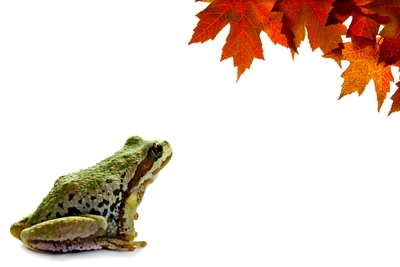 Color us shades of oxymoronic.
Color us shades of oxymoronic.
Despite all the attention lavished on Mad Men, its depiction of ‘60s’ ad life, and millions of viewers (not to mention Netflix rentals, streaming options, and re-runs), professionals in and out of the agency business flat-out refuse to use the word “agency.” Or as the trade pubs report:
“It doesn’t describe what we do in this digital age.”
“We’re so much more all encompassing than just advertising.”
“Our business is about ideas.”
Part of the word’s repugnance today has to do with monetizing and revenues. In the face of rocketing tech IPOs like LinkedIn and Facebook, the plain old agency, sans product and other non-service dollar streams, looks puny.
Another revolt against the term centers on procurement’s increasing role in selection. If we’re not actively promoting our chops in digital and word of mouth and PR and creative and broadcast, or so the thinking goes, we won’t make the short list.
Other reasons for eschewing the straightforward “agency” descriptor range from branding and an ever-increasing crowd of competitors to stockholder/analyst perceptions.
Is this a ploy for publicity and extended notoriety or an honest complaint? Give us a break. Because few are focusing on the raison d’etre of firms, shops, studios, even consultancies. Which is, without customers, we’re nothing.
There’s no better feeling than nailing the right strategy (and creative) that will do a company good – and meet its goals. Than figuring out, with the client, what tools best support its consumer conversations. Than partnering with a whole bunch of talent, from digital and design to PR to broadcast and cultural anthropologists, to develop the right road to value, in and outside the company.
To be fair: My colleagues and I have considerable agency-side experience – in addition to our specialties. Now, our joy and payback come from working with customers we respect and trust who share, listen, and do the appropriate thing for their companies. That’s the heart of a service business, no matter what you call it.
Prefer more poesy in your moniker? Then listen to Hillaire Belloc’s words: “Be kind and tender to the Frog, And do not call him names, As 'Slimy skin', or 'Polly-wog' …”


